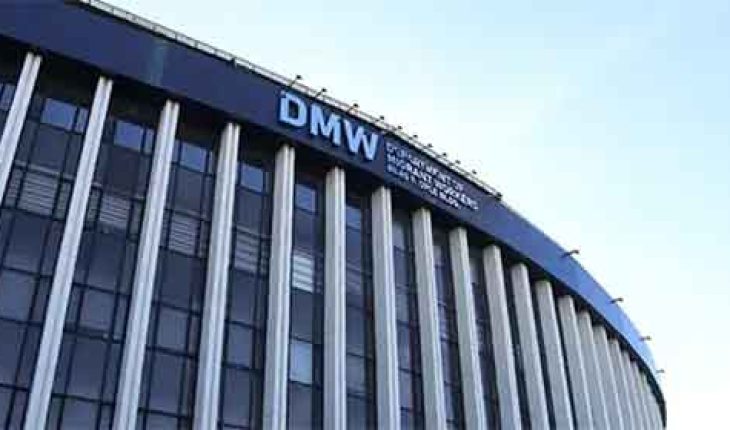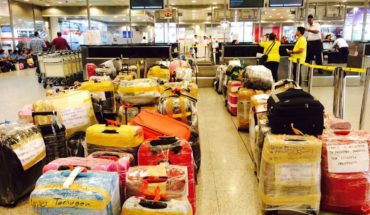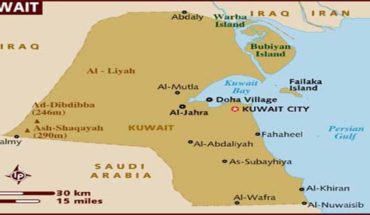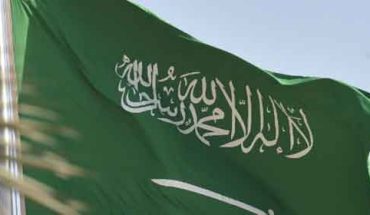The Department of Migrant Workers (DMW) is accelerating its global expansion to enhance the protection and welfare services for overseas Filipino workers (OFWs), as part of its mandate to deliver stronger, more accessible, and more responsive assistance to Filipinos working abroad.
In an interview with a Filipino program in Hong Kong, Migrant Workers Secretary Hans Leo Cacdac highlighted that the DMW, being one of the youngest national agencies, is actively transitioning from institutional “building” to full-scale service delivery. This includes opening more Migrant Workers Offices (MWOs) and deploying additional labor attachés to countries with significant OFW populations.
“We have administered the oath of around 800 new employees for new positions, making our workforce not only larger but also stronger and more capable,” Cacdac said. He emphasized that this move aligns with President Ferdinand R. Marcos Jr.’s directive to prioritize OFW protection, address welfare concerns, and implement on-ground solutions.
More Offices and Shelters for OFWs
Since its establishment, the DMW has opened new MWOs in Vienna (Austria), Budapest (Hungary), and Bangkok (Thailand), increasing the total worldwide to 42 offices, with a target of 45 before the year ends. These offices serve as frontline support hubs for OFWs needing legal aid, labor assistance, contract verification, and welfare intervention.
Looking ahead, Cacdac announced that the DMW is set to construct a larger Migrant Workers Shelter in Hong Kong by 2026. The new facility will not only provide safe accommodation for distressed workers but also serve as a training and resource center where OFWs can access skills development, counseling, and livelihood planning.
“This is not just a shelter—that’s what the law provides. It will also function as a migrant workers resource center,” he noted.
Strengthening Crisis and Health Support
The DMW is placing stronger emphasis on repatriation and crisis response, particularly in locations affected by conflict or unstable labor conditions. The agency has facilitated the safe return of Filipinos from Sudan, Myanmar, and parts of the Middle East in recent months.
To address common health challenges among OFWs, the department is also expanding preventive medical programs and introducing access to medical retainers, particularly for workers with long-term health needs.
Preparing OFWs for Emerging Job Markets
Recognizing shifts in global labor demand, the DMW is working closely with the Technical Education and Skills Development Authority (TESDA) and the Commission on Higher Education (CHED) to train OFWs for opportunities in the digital economy, green economy, and global care industries.
Cacdac also encouraged recruitment agencies to broaden job opportunities for women, especially in fields beyond domestic work.
Bringing Services Directly to OFWs
The DMW continues to roll out its OFW Serbisyo Caravan, a multi-agency service mission that brings passport, OWWA, welfare, legal, and social services directly to OFWs abroad.
Multiple government agencies participate in these caravans to ensure that Filipinos overseas feel the tangible presence of government support.
“The marching order of the President is simple: make them feel the care and services of our government agencies,” Cacdac emphasized.
Toward a More Empowered Global Filipino Workforce
The DMW’s expanded global network represents a key shift from reactive interventions to proactive and accessible protection, ensuring that support for OFWs is present where and when it is needed most. The agency’s focus on skills development and new labor markets also aims to uplift Filipino workers toward higher-paying and future-ready career paths.
As the community of global Filipino workers continues to grow, the DMW’s strengthened presence worldwide signals a commitment not only to safeguard livelihoods, but to build long-term pathways for OFWs’ stability and success.
Source PNA











